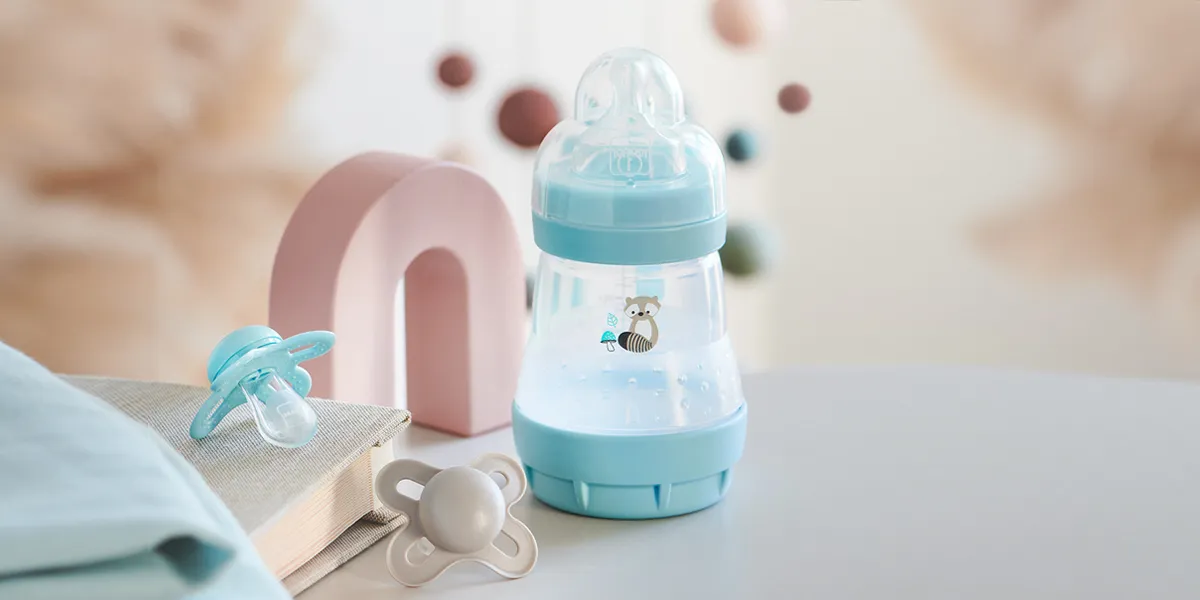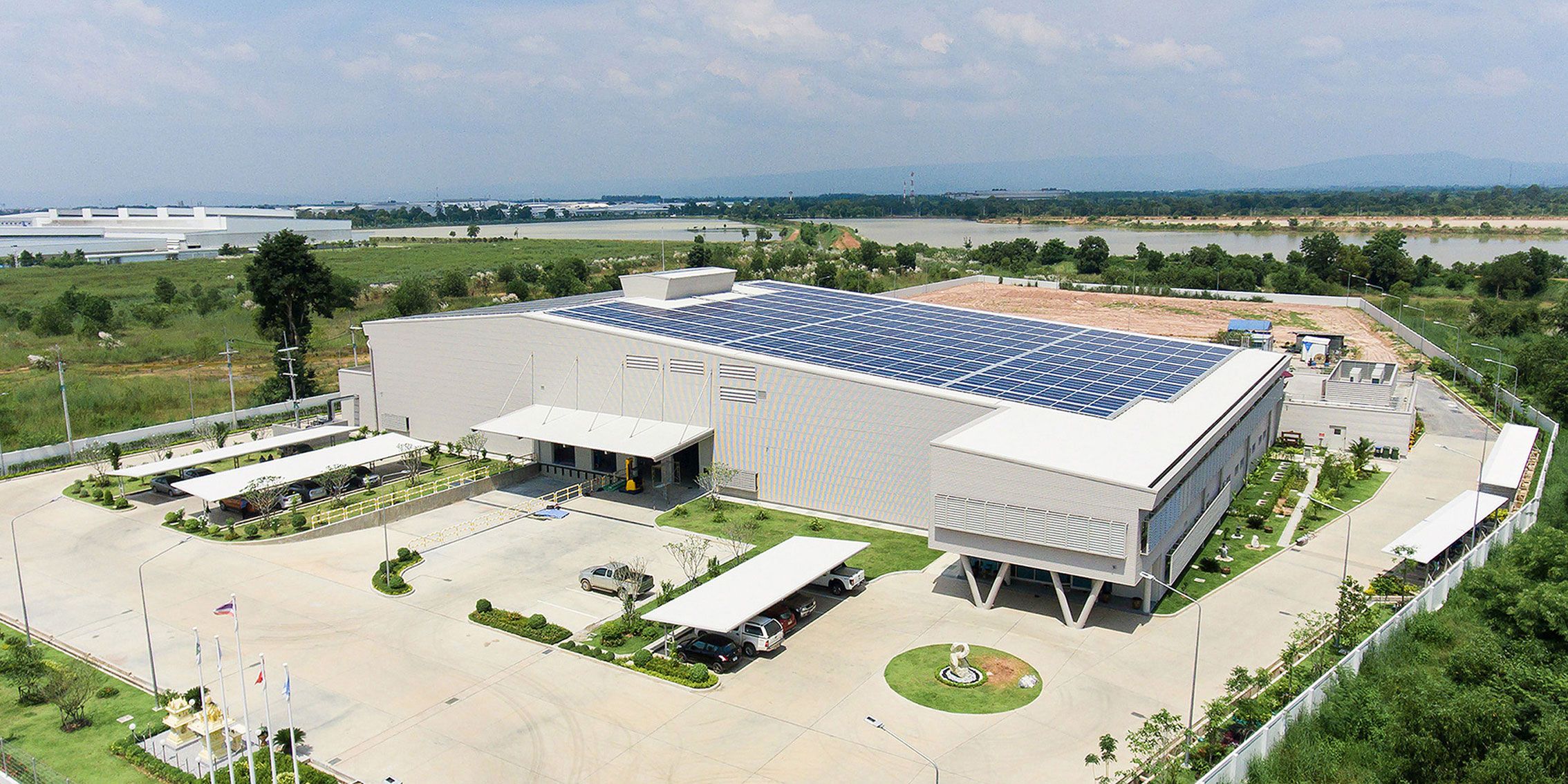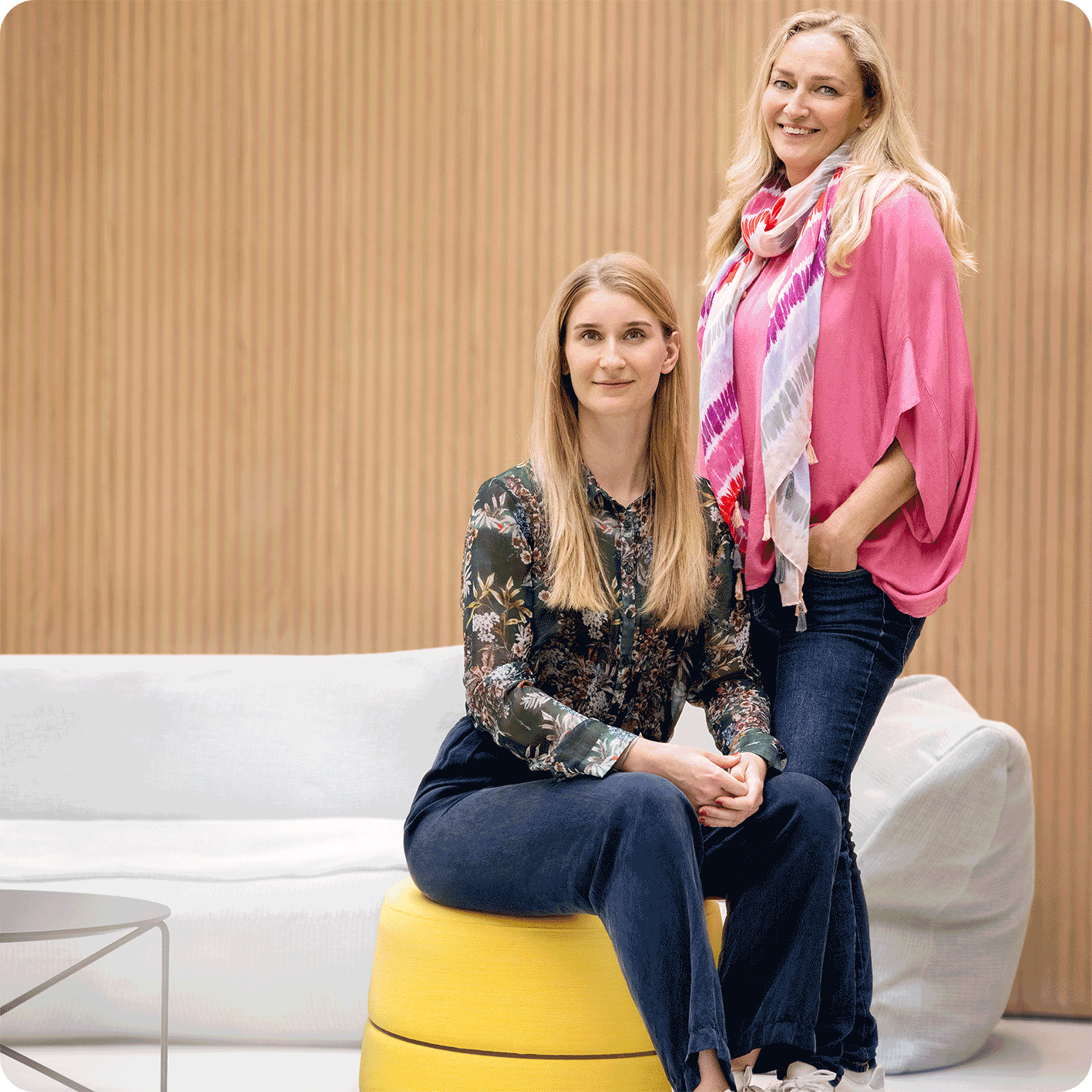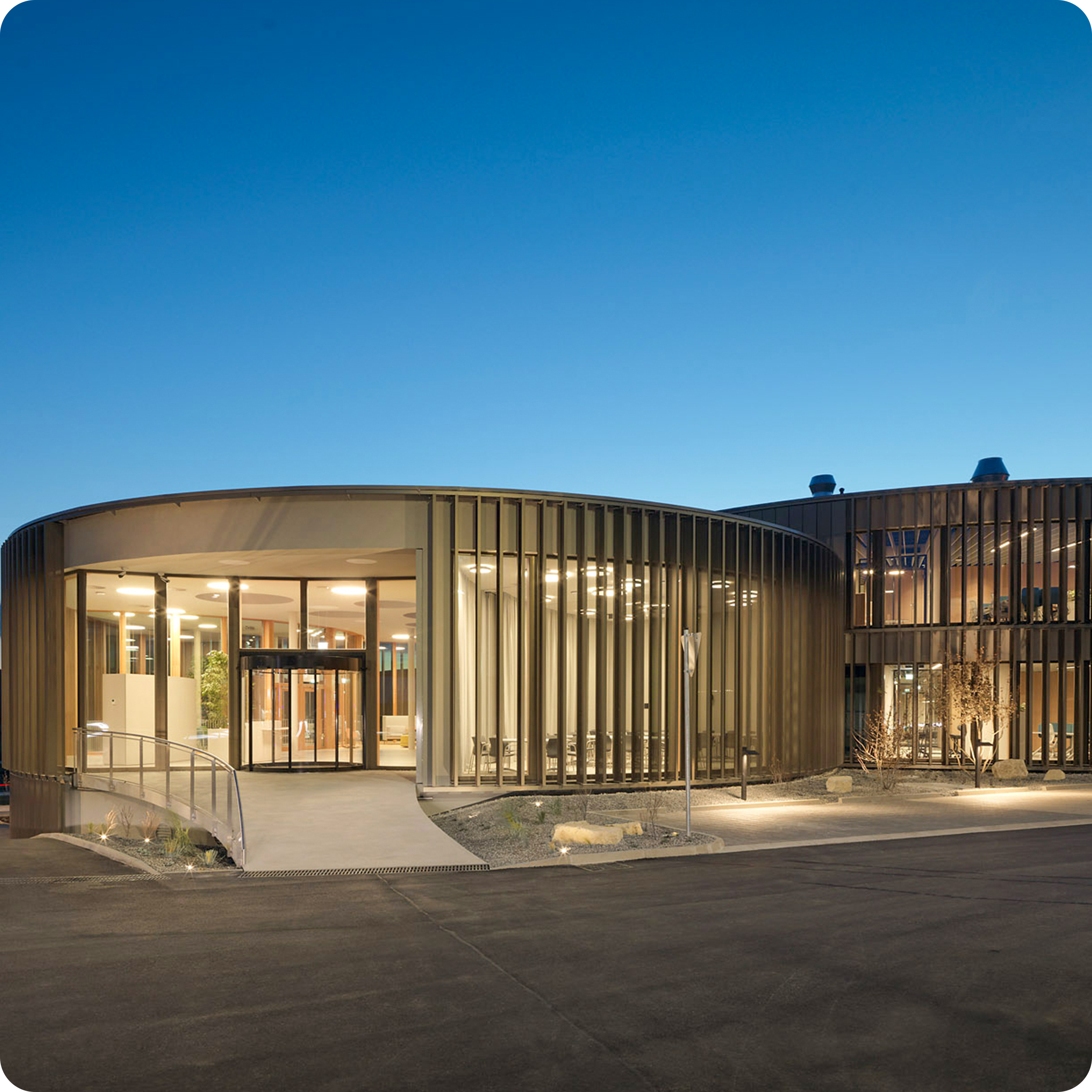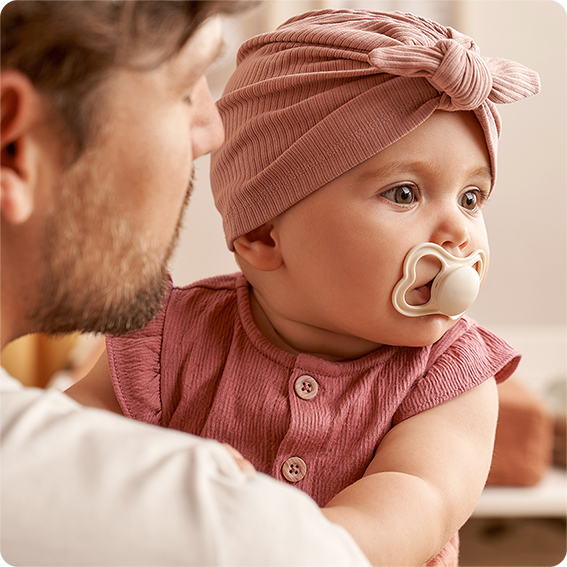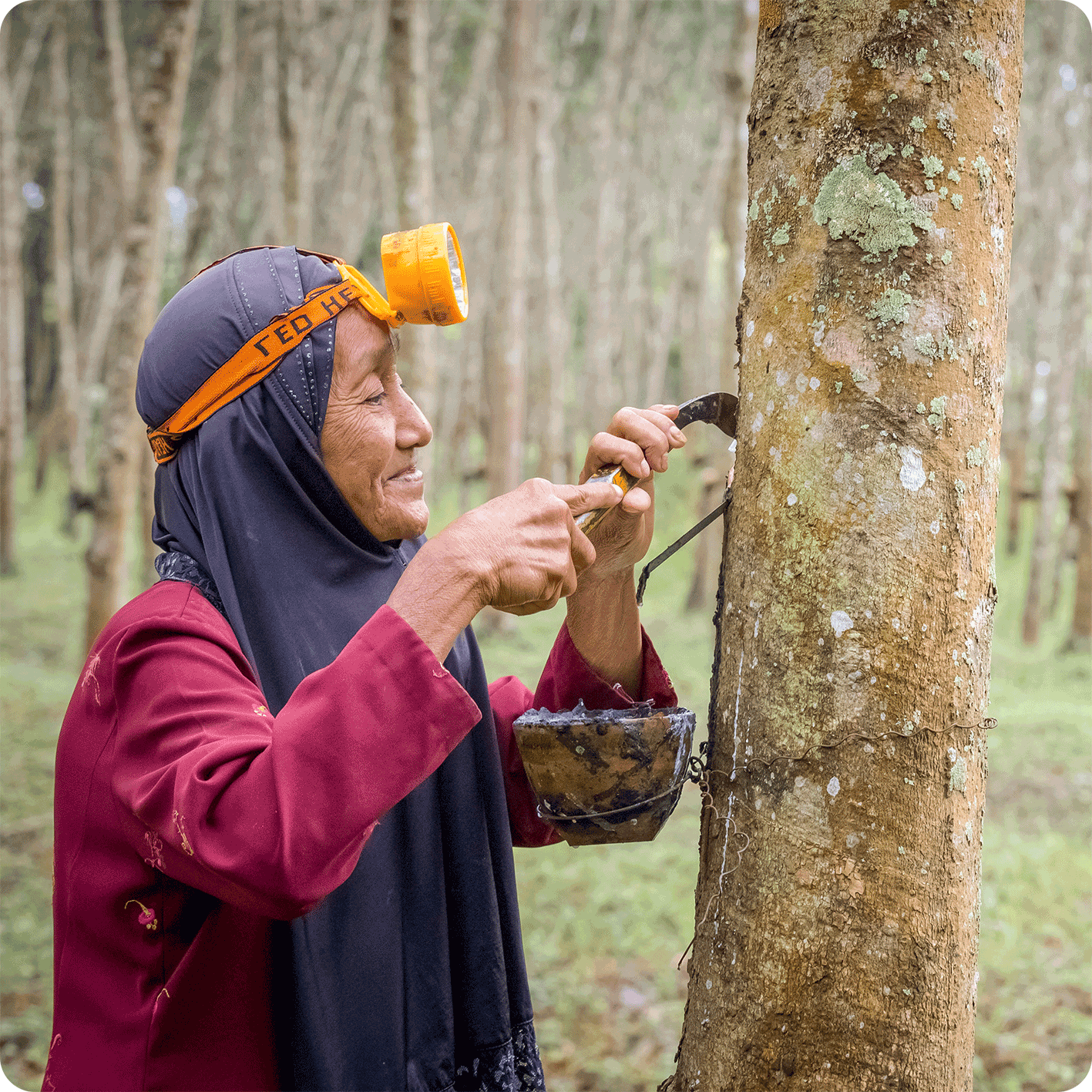MAM bears a special responsibility for future generations. We take climate and environmental protection as a matter close to our hearts.
In addition to the high quality, safety, and functionality of our products, environmental and climate protection is a big priority at MAM. Continuous reduction of CO2 emissions is a prerequisite for combating climate change. The resource-saving use of materials and recyclable design are also important. Climate protection can only be achieved through close cooperation and involvement of our internal and external stakeholders, such as our employees, suppliers, and consumers. Together we can learn and try new ways to make our contribution to climate and environmental protection. We’re working on it with all our heart.
Climate Protection
Our progress:
- Climate strategy: During the reporting period of 2021/2022, MAM began developing a comprehensive climate strategy for the entire company. Our goal is to have this finalized by the end of 2024.
- Renewable Energy: 372 MWh of solar power are produced annually by the photovoltaic system on the roof of our plant in Hungary, meaning 16% of the energy requirement is covered by self-produced electricity.
- Reducing CO2: Thanks to the solar system with 244 KWp, adapted architecture, and efficient heat and cooling management, 340 tons of CO2 can be saved annually at our Thai location.
- Environmentally friendly R&D Competence Center: The new R&D site in Austria was opened in June of 2022. The building is operated without fossil fuels and saves around 25,000 kg of CO2 annually by using geothermal energy and other efficiency measures.*
*Calculated by Pilz und Partner ZT GmbH in 2018.
Waste Management
Our progress:
- Material savings: Sprueless production saved 39 tons of plastic in 2021 and 2022.
- Waste reduction: The goal at our Hungarian plant is to reduce the total amount of waste by 5% per year. By reducing transport packaging through the use of reusable transport boxes, we are well on the way.
- Recycling: We work with various companies and institutions to promote the expansion of recycling systems for plastics, such as the PET 2Pack project and Brantner.


















